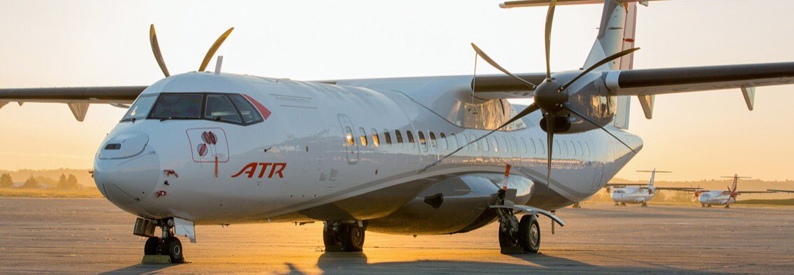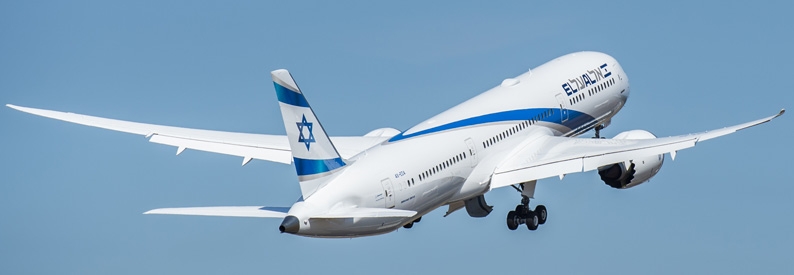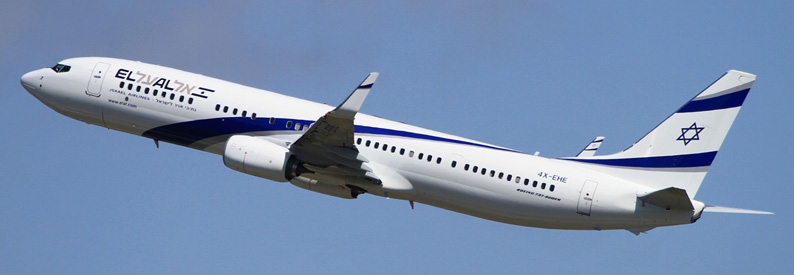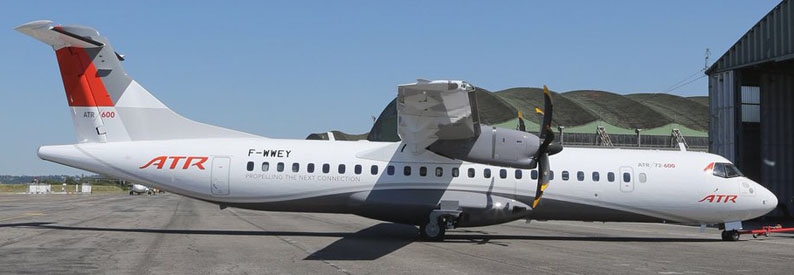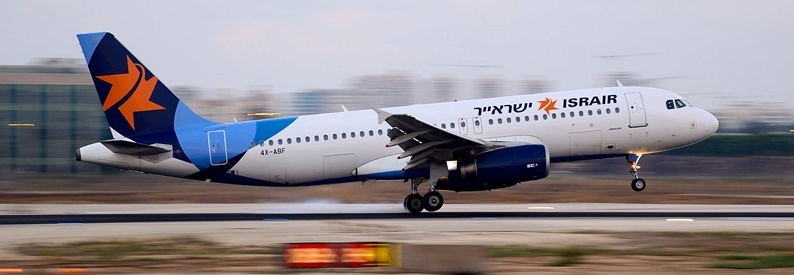El Al Israel Airlines (LY, Tel Aviv Ben Gurion) has revealed that its board failed to reach a deal with banks on a 75% state-backed loan worth USD250 million, that Israel's Ministry of Finance had refused a request to raise the guarantee to 82.5%, and that it was therefore considering a public bond sale as it struggles to survive the crisis afflicting aviation.
It is “considering an alternative of raising the loan by issuing bonds to the public,” it said in its third-quarter financial report. However, it added, “at this stage, there are significant doubts about the continued existence [of El Al] as a going concern.”
The government had given the company its guarantee for a USD250 million loan as long as the group cut expenses and issued USD150 million worth of new shares. That share sale, held in October, brought in a new controlling shareholder, Eli Rosenberg, while agreement was reached with unions over 2,000 job cuts.
Last week, El Al notified employees of an extension of unpaid leave until December 31, 2020. A total of 5,074 employees have been on enforced leave, most of them since March.
A new board of directors has been appointed following the change in ownership, and on November 26 the airline revealed in a stock exchange filing that Avigal Soreq, 43, had been appointed as El Al CEO to replace Gonen Usishkin who steps down on December 31. An accountant and former Israel Air Force pilot, Soreq has been employed at Israeli energy conglomerate Delek Group since 2012, most recently as senior vice president of Delek US.
Usishkin said that El Al was continuing to slash costs but added that “without the support of the government, which will provide El Al with the necessary backing so we can advance the debt raising, El Al will have difficulty meeting its future obligations and will face the danger of collapse.”
The airline began a gradual resumption of operations in October and currently 18 of its fleet of 46 aircraft are active, according to the ch-aviation fleets module. All of its routes are international, with 19 up and running as of the first week of December to destinations in Europe, Asia, and the United States, the ch-aviation capacities module shows.
El Al posted a loss of USD147 million in the July-September period on the back of a 94% drop in revenues year-on-year. This was in contrast to a net profit of USD27 million a year earlier. A second wave of the coronavirus had “dramatically affected” the company's operations, it said. For the nine months ending September 30, the company posted a loss of USD391 million compared to a USD28 million loss for the same period last year.

